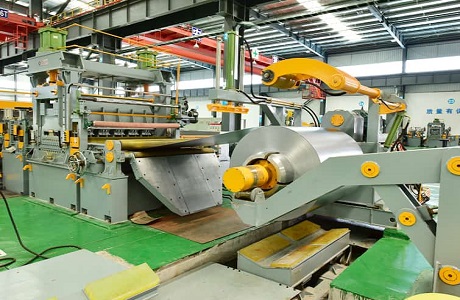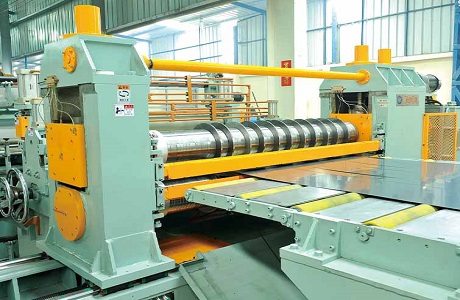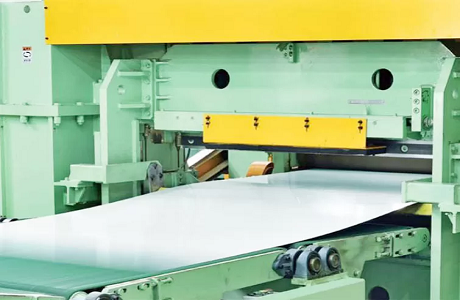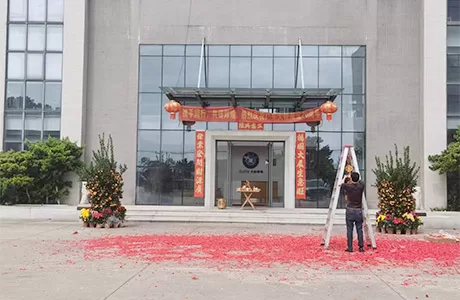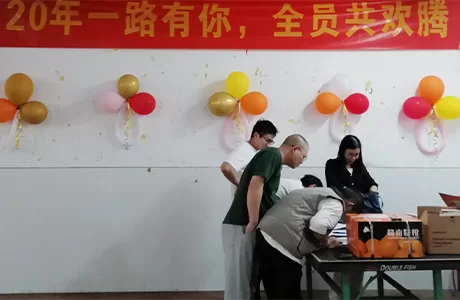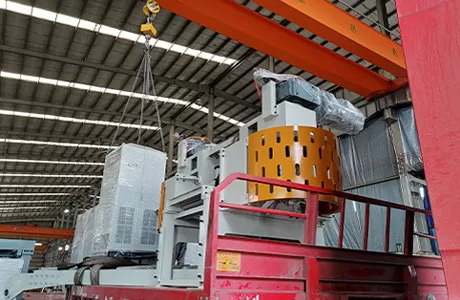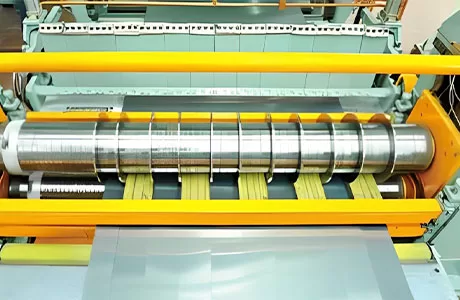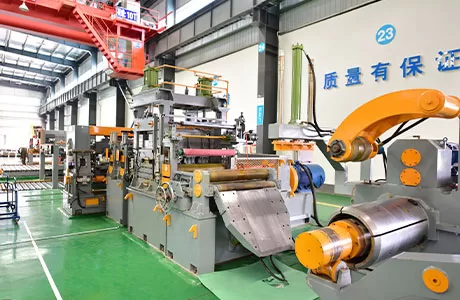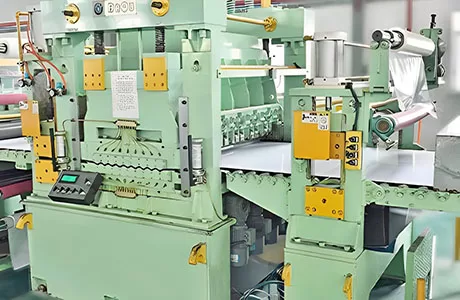Engineered for Perfection: The Precision Leveler That Transforms Your Workflow
Precision is not a luxury but a demand
In industries such as construction, manufacturing, surveying or design where precision determines success, even a deviation of one millimeter can lead to costly consequences. From aligning equipment to installing fixtures or creating a horizontal foundation, the demand for high precision is constant. This is the function of the precision straightening machine. Far beyond a basic tool, this innovative instrument is designed for perfection, providing professionals with the control and accuracy they need to perform perfectly.
What is a precision straightening machine?
A precision leveling machine is a highly calibrated device designed to achieve, measure and maintain precise leveling of surfaces and machinery. Unlike the standard bubble level or laser level for general purposes, the precision level is built for industrial-grade accuracy. They are usually made of sturdy materials such as anodized aluminum or stainless steel and are typically equipped with a fine-tuning mechanism that can be adjusted to a degree or a fraction of a millimeter. Whether aligning with CNC machines or setting up laboratory-grade surfaces, precision straightening machines can ensure absolute flatness and balance.
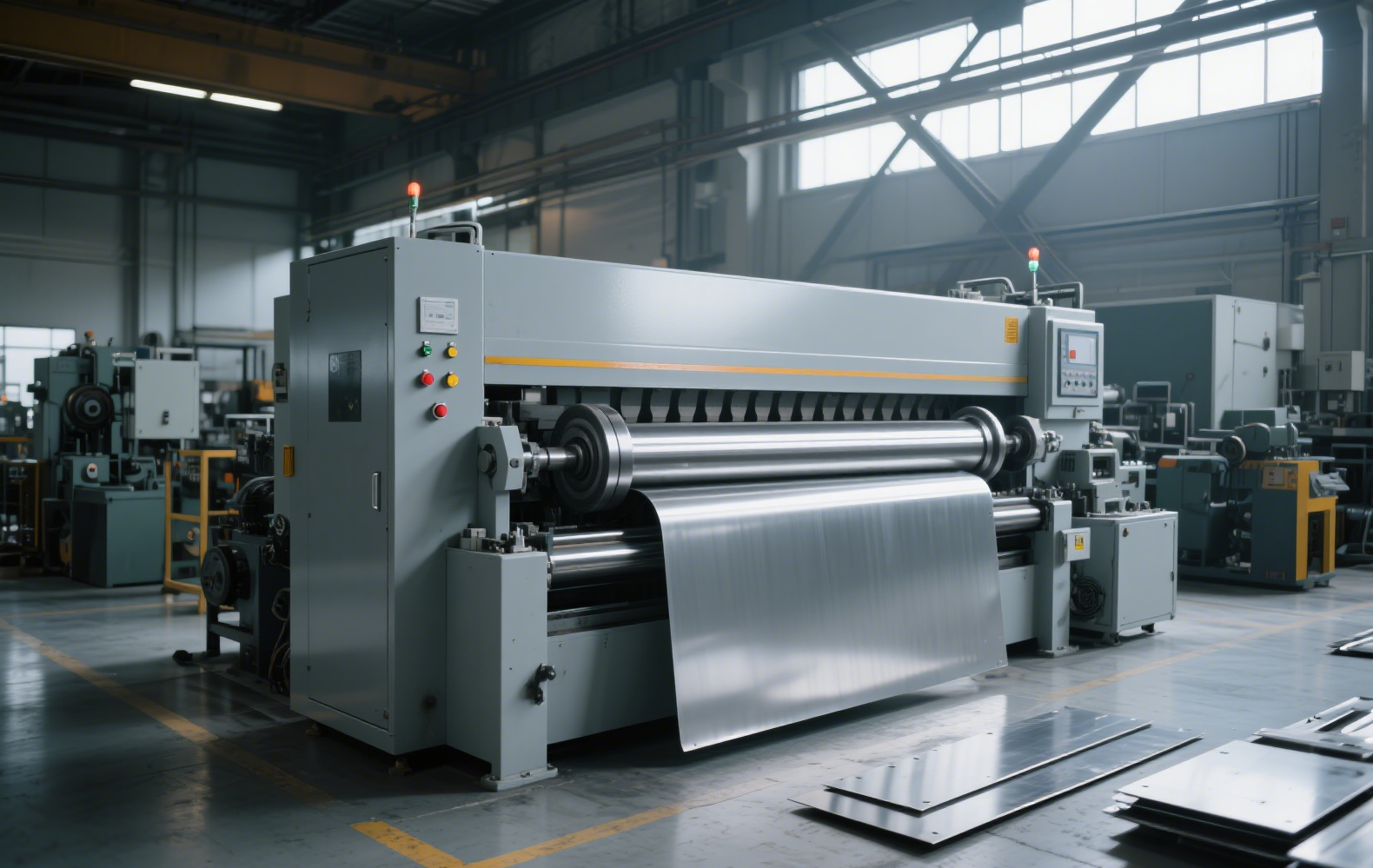
Improve the efficiency of the workflow
Traditional leveling methods usually involve guesswork, recalibration and repeated adjustment. This means wasting time and fatigue, and ultimately leading to higher project costs. The precision straightening machine has completely changed this equation. It is equipped with a built-in fine-tuning knob, a digital display, and sometimes a wireless feedback system. It provides real-time data and response control, significantly reducing setup and calibration time. So, what was the result? Faster, more reliable results, fewer errors and less rework.
Specifically designed for modern workplaces
Today’s construction sites and production workshops are more technologically integrated than ever before. Modern precision levels are designed to keep up with the pace. Many models feature digital readings on high-resolution displays, backlit screens in low-light environments, and rechargeable batteries for continuous use. Some even support Bluetooth, allowing data to be recorded and shared immediately with project managers or QA teams. This seamless integration not only improves the workflow but also helps enforce compliance, documentation and quality control at all operational levels.
Durability meets the requirements of outstanding engineering design
Precision tools require durability, and precision leveling machines can withstand harsh conditions. Whether exposed to vibration, dust or temperature changes, these tools must undergo performance stability tests. Some are shockproof, waterproof or IP-grade, ensuring they continue to provide reliable measurements over time. They feature finely machined surfaces, reinforced frames and anti-slip bases, and can be calibrated even with continuous use, making them reliable long-term assets at any location.
Cross-application universality
One of the greatest advantages of the precision straightening machine is its versatility. It is used in a series of industries:
- Manufacturing and Automation: Calibrating robotic arms or conveying systems.
- Construction and carpentry: Install cabinets, floors or structural components to align with the microscopic level.
- Laboratories and cleanrooms: Ensure the perfect balance of scientific equipment.
- Aerospace and automotive: Adjust the tolerance of assembly systems or test platforms to be less than 0.01mm.
- Where precise calibration is required, the precision leveler brings a level of control that general tools simply cannot match.
Competitive advantage
In today’s fast-paced and high-precision industries, small inefficiencies will quickly accumulate. Companies investing in tools such as precision levels are not merely purchasing accuracy – they are unleashing a competitive edge. By reducing installation time, minimizing rework and improving finished product quality, these tools directly support bottom-line efficiency and customer satisfaction. For those professionals who bet their reputation on perfect execution, a precision level is not optional but indispensable.
Conclusion: Raise your standards
When perfection is your bottom line, your tools need to meet this expectation. Daqu Machine‘s precision level is not merely an accessory – it is a strategic tool that can transform the way you work, optimize and deliver. Carefully designed, built for performance and tailored for real-world use, it’s time to raise your standards and let precision lead the trend.
